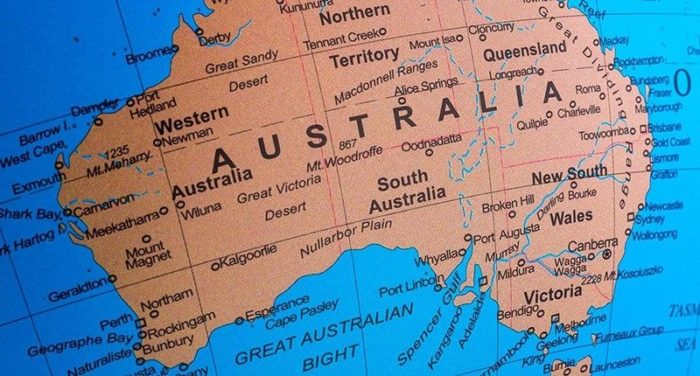Australia’s Labor Party establish a Senate inquiry regarding Australian shipping. The inquiry asks for the development of a bipartisan support to address the adverse situation that the Australian maritime industry is currently facing.
The Senate supported that the matters concerning Australian shipping should be referred to the Rural and Regional Affairs and Transport References Committee for inquiry and report by 13 August 2019. Submissions should be received by 5 March 2019.
The inquiry will examine the policy, regulatory, taxation, administrative and funding priorities for Australian shipping. More specifically the inquiry focuses on:
- New investment in Australian ships and constructing a maritime cluster in Australia;
- The establishment of an well-operated and commercially-oriented coastal ship licensing system and foreign crew visa system;
- The interaction with other types of freight transport, non-freight shipping and government shipping;
- Maritime security, which includes fuel security and foreign ship and crew standards;
- Environmental sustainability;
- Workforce development and the seafarer training system;
- Port infrastructure, port services and port fees and charges.
During the past 30 years the number of vessels under the Australian flag that operated globally and domestically has decreased from 100 to 14. As a result, there has been a decrease on jobs and a decline in Australia’s skills base.
In July 2012 the previous Labor Government tried to revive shipping with a modified package that included tax concessions and training. Yet, in 2013 the Coalition Government changed the approach and proposed alters, which are claimed to have destroyed the domestic shipping industry. The shipping industry faced challenges because the Government enabled foreign vessels paying crews third world wages to compete with Australian vessels that payed their crew according to Australia’s wages.
Finally, Australia aspires to continue being an active maritime industry as shipping is said to be Australia’s economic, environmental and national security base, since it relies on its shipping export and import by 99%.






























































